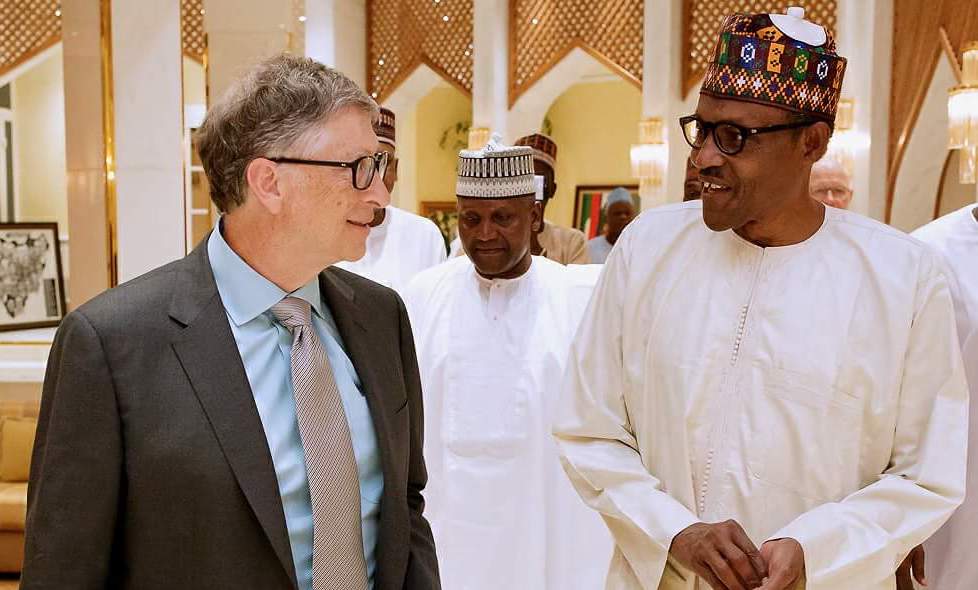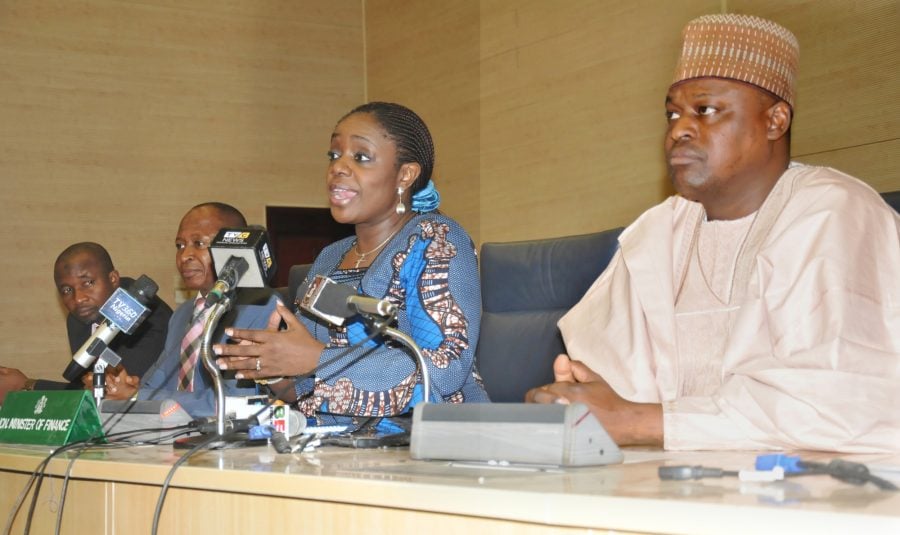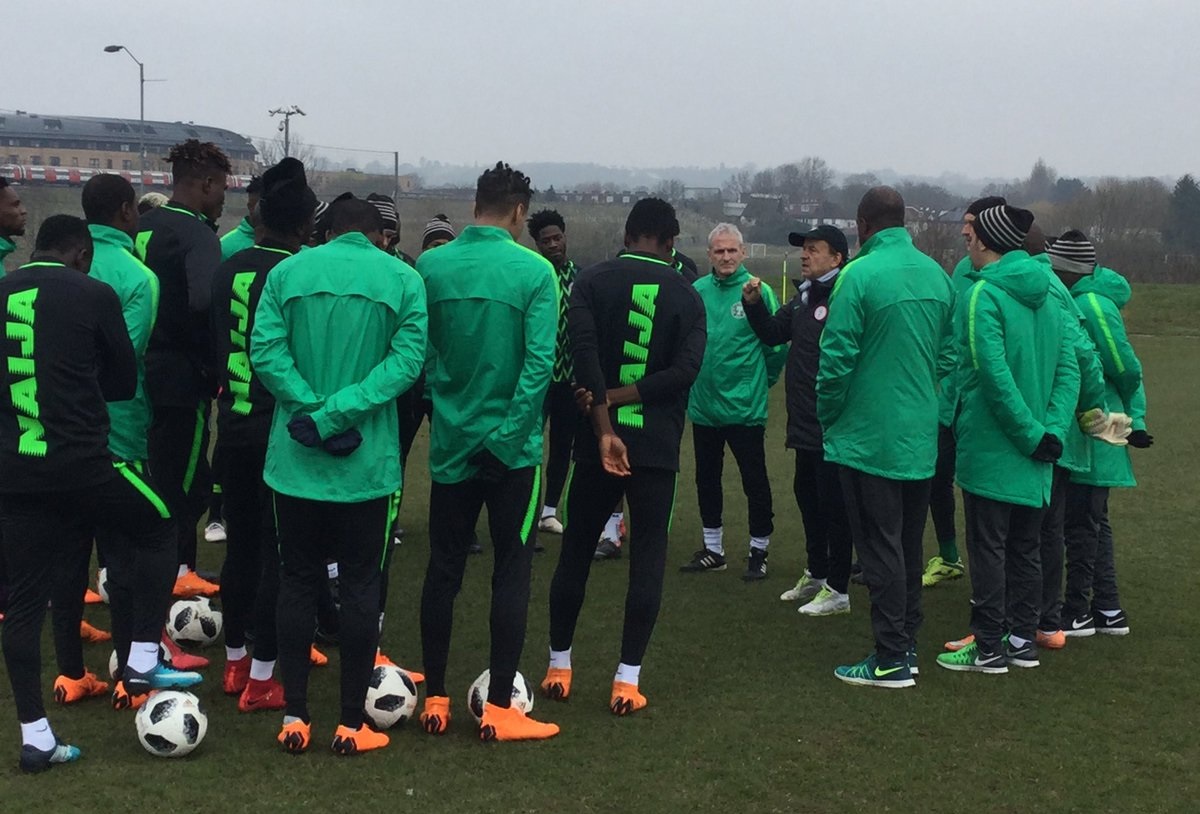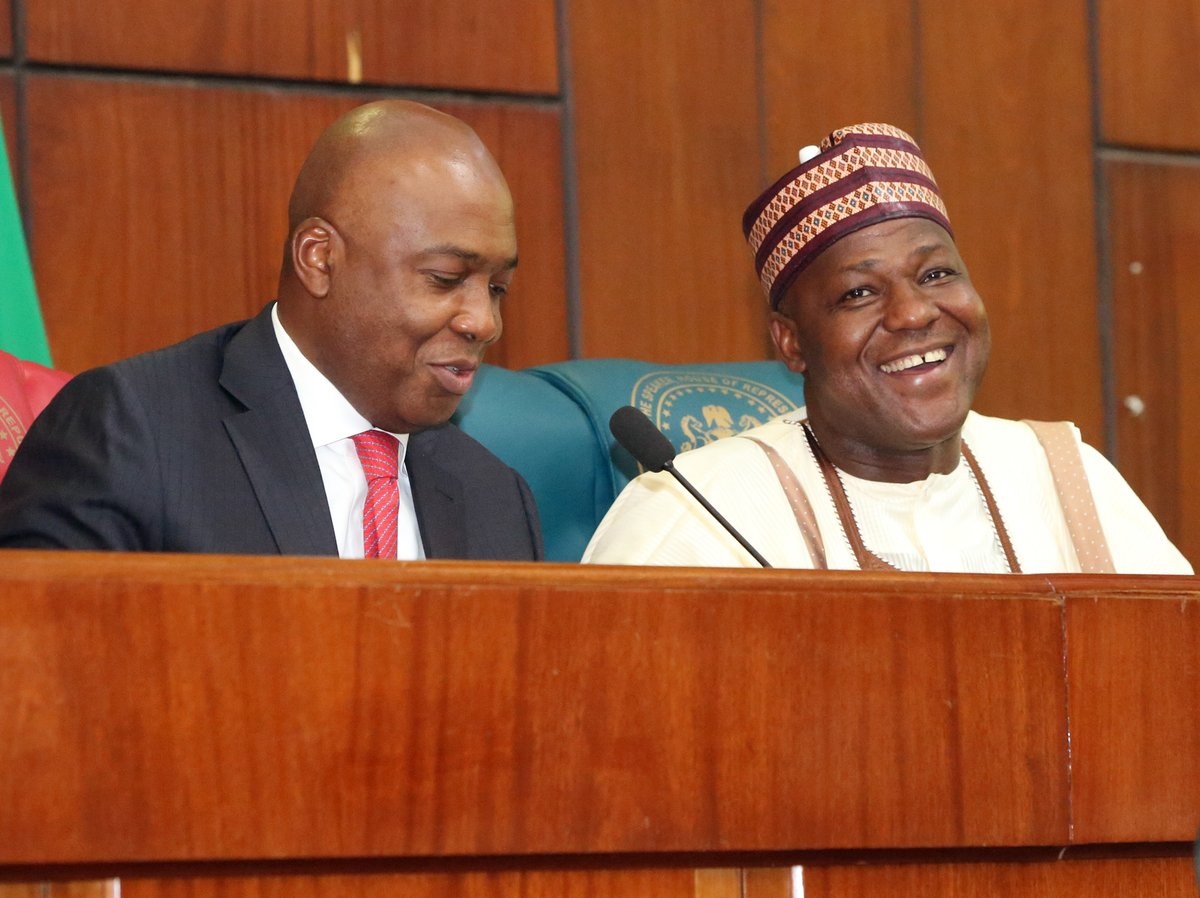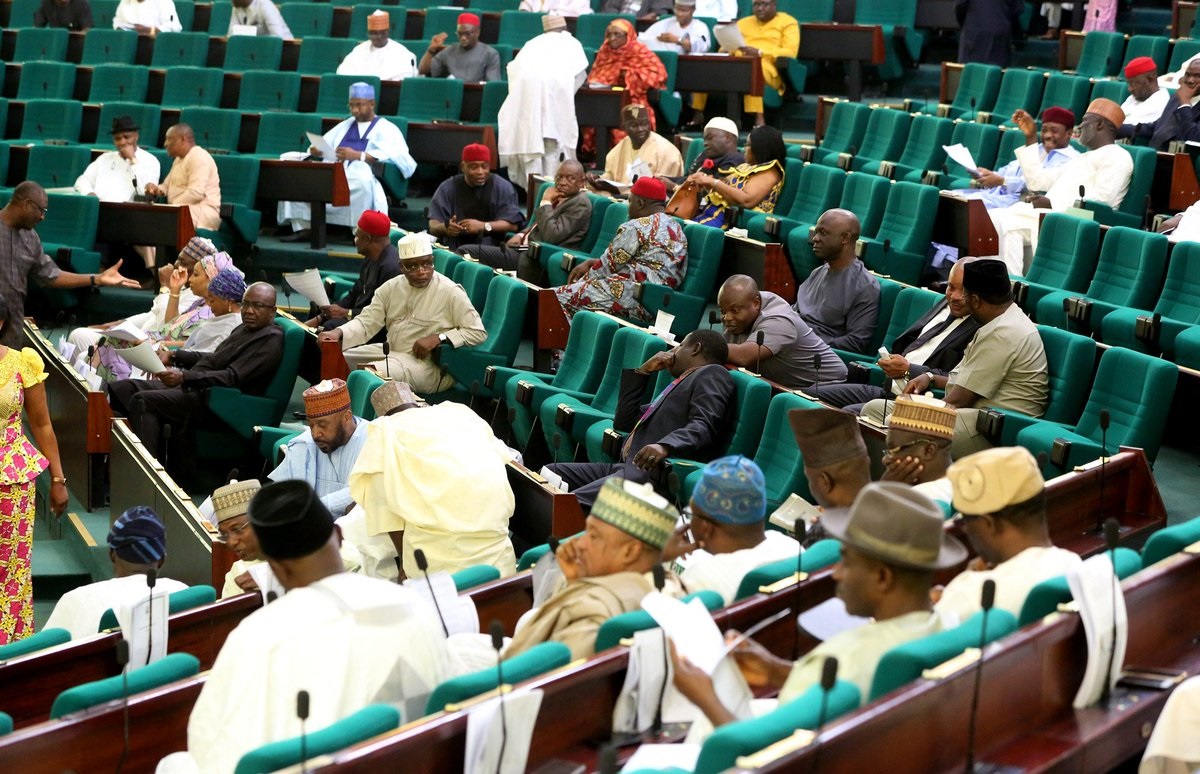These days, when I read that Jeff Bezos is the world’s richest man, my mind still says “its a lie; William Henry Gates III, better known as Bill Gates, is the world’s richest man”. Why? Because he has been the richest man in the world for the most of my adult life, from 1995 – 2017, with the exception of only four years (2008, 2010, 2011, 2012). However, Bezos is the man with the kingsize paycheque today.
Gates was not just the richest man in the world through these years, he was also one to commit a bulk of his fortune to countries that were in dire need of them. In return, he gained the respect of many and helped halt the spread of very dreadful diseases across the world. His foundation, The Bill and Melinda Gates Foundation, has invested billions of dollars in Africa, with a special focus on healthcare services in Nigeria. The foundation is one of the few non governmental organisations (NGO) reputed to have the power to change the world.
At least Nasir el-Rufai, the governor of Kaduna state, thought Bill Gates could change the world. Speaking on restructuring and youth participation at Chatham House in 2017, el-Rufai said, “until the age of 45, I did not believe in politics or joining a political party or engaging in politics. It was after I served as minister and left office that I realised the supremacy of politics over everything. Politics trumps everything.”
He added what I also believed, that “you can go and do your NGO, be social activist, and so on; you will never change the world. Unless you are Bill Gates with tonnes of money”.
Advertisement
This past week has however showed that even Bill’s billions is not enough to change Nigeria. So the 62-year-old employed another means in an attempt to change the course of development in Nigeria; truth-telling laced with hard facts for the Nigerian government.
ABYSMAL INVESTMENT IN GREY MATTER
“In preparation for my visit, I asked a research institute at the University of Washington to model Nigeria’s economic growth under three scenarios related to health and education, the core of how economists define human capital,” Gates had said, before dishing his meal of truth to Nigeria.
Some context here: Washington University is at the heart of Seattle, Washington, one of the oldest Universities in the US (Founded 1861), the university has produced seven Nobel Laureates, and shares resources with the likes of World Bank, International Monetary Fund (IMF) and the International Finance Corporation (IFC). These corporations have more data on Nigeria than we do about ourselves. They have our GDP records from 1957 to 2017; our birthrate, death rate, inflation figures, currency fluctuations, and of course, the best scenario modelling tools in the world.
Advertisement
So when Gates was saying we were not investing adequately in education and health, he was not saying it because he wanted to spite our leaders, he was saying it from a wealth of knowledge of the Nigerian system.
Personally, I had written via my column a number of times on the state of education in Nigeria and the dangers of the coming decade; unemployment, terrorism, insurgency, kidnapping, and the rest in that long list of social problems that follow inadequate funding in education and health. I argued that Nigeria with its current level of education was only having accidental progress.
“A quick snapshot shows Nigeria spent $48 billion on education from 1970 to 2014 — that is 44 years. The United States spent $900 billion on education in 2014 alone. Let that sink,” I wrote in June, 2017.
First, this is the nation Gates is coming from. Second, Gates probably thought Nigeria and the US are two countries you should not compare, so he said “you are rapidly approaching upper middle-income status, like Brazil, China, and Mexico,” suggesting that these countries are the countries we should consider as peers.
Advertisement
Also in June, I thought, let us leave the US, and compare Nigeria with Mexico, Brazil: “Mexico has spent $886 billion on a population of 125 million in 44 years. Brazil, with 206 million people has spent $1.5 trillion on education from 1970 to 2014,” I added. How much did Nigeria invest in education during the same period? $48 billion.
I concluded at the time, saying: “For almost 30 years, Nigeria was spending only 0.8 percent of its GDP on education, when the global standard is at five percent of GDP. No nation develops this way. None, in history, has developed this way”.
THEY SAY MONEY IS NOT THE PROBLEM
After my article in June, I got feedbacks; civil and otherwise. Many said money was not the problem and governments across all levels are doing their best to get schools to work, and that the schools, universities especially, are the problem. Ok, agreed. What is the solution, I asked. The answers I get are: Good teachers, research and development, adequate facilities, good sanitary conditions, especially for secondary schools, and all sorts. Then I asked, will this not cost money? They say it would. So what is your point?
“I believe the Nigerian primary health care system is not adequately funded. But it also doesn’t get the most out of its current funding,” Gates said, regarding healthcare, and same applies to education. We are not investing enough in the things that matter the most. Worse still, we are not getting the best out of our current investments. So, money is the problem, and managing money is an even bigger problem.
Advertisement
BUHARI AND THE OTUNBA PROBLEM
In Yoruba culture, Otunba is regarded as the right hand man of the king. He is the one who gives the king most of the pieces of advice the king gets. Otunbas are often considered as very powerful men. In President Buhari’s administration today, his Otunba will most likely be Mamman Daura or Abba Kyari.
However, some Otunbas are not so influential, and this happens when the king is a strong man that hardly takes to the leading of the Otunba. Influential or not, Otunbas can do little, t’Obalase — the king has the final say.
Advertisement
Today, Bill Gates is our Otunba; he has spoken to the right ear of the king, and married the king to some fact-backed common sense. The kind of common sense that columnists and professionals across Nigeria have been passing to power for years now. It is left for the king to act or watch the future of his kingdom go down in ignorance.
Follow me on Twitter and major social media platforms @OluwamayowaTJ
Advertisement
Add a comment

